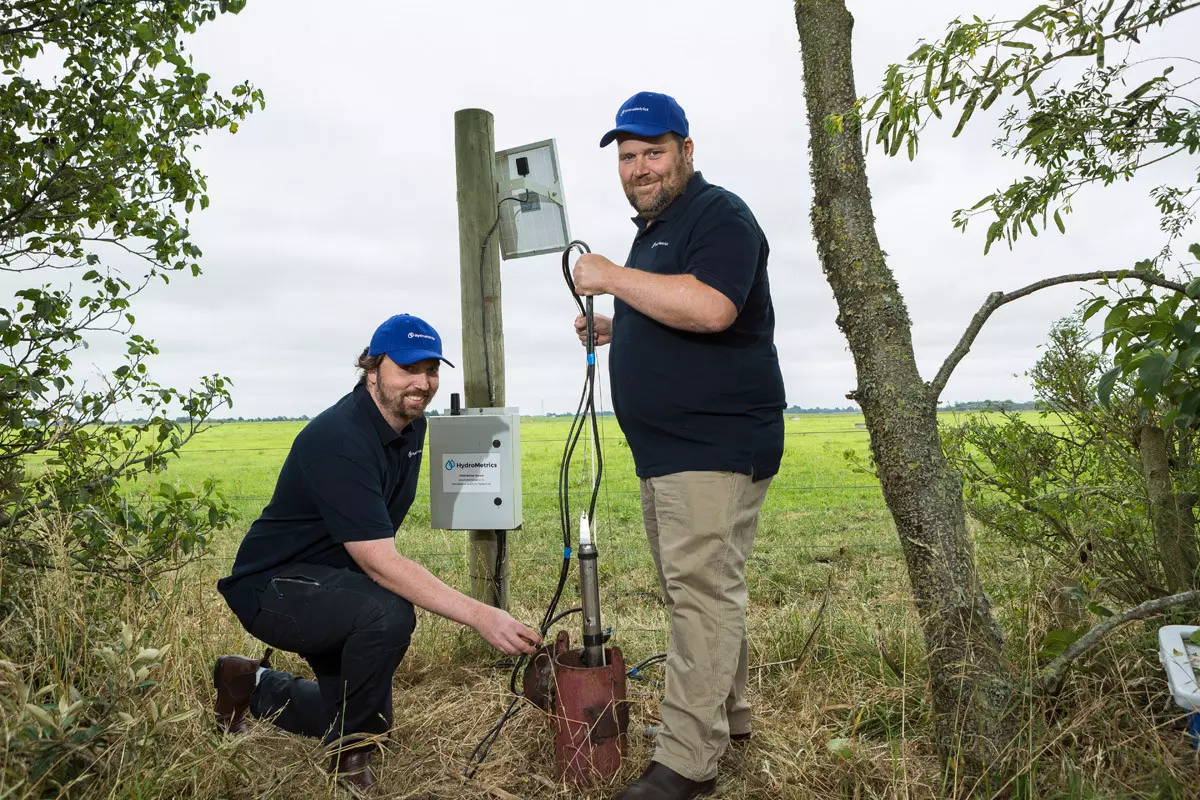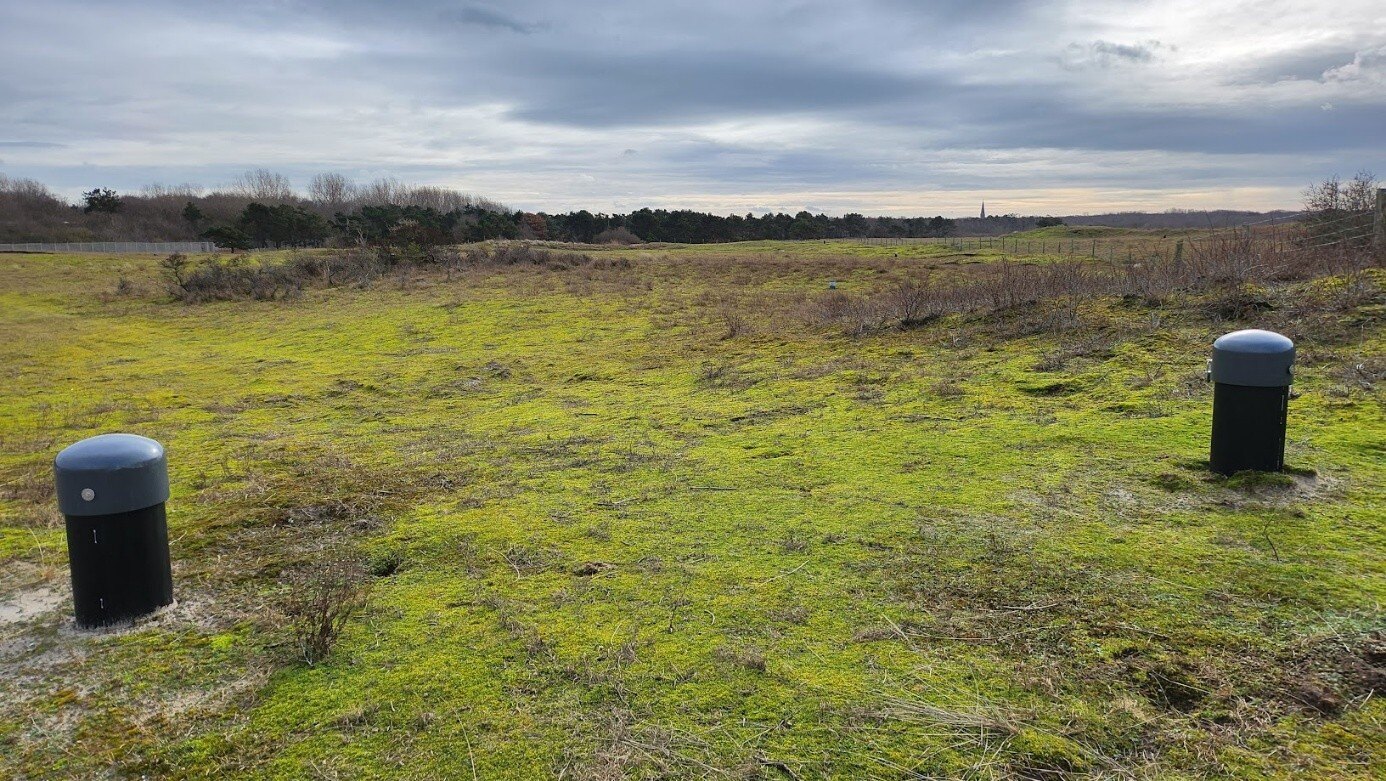iFLUX recognized as critical element in water management of the future
Posted on Tuesday 27 April 2021 In collaboration with the University of Antwerp and Natuurpunt, iFLUX has implemented a sensor...

Posted on Tuesday 24 May 2022
To monitor nitrate in water supplies, iFLUX is teaming up with Hydrometrics. They developed a sensor to directly measure nitrate losses.
Nitrate, NO3, is a main nutrient for plants. It occurs naturally in soil and dissipates by extensively farming. Nitrogen fertilizers are often used to nourish the soil. But when nitrates enter our food chain through groundwater and surface water, in which they dissolve, nitrates can be toxic.
When leaching into the soil into the water supply, we speak of nitrate contamination. This can happen due to irrigation water containing fertilizers, septic systems, wastewater treatment plants, dairies and natural conditions.
Many countries around the world are in the process of adopting nitrate caps via land discharge allowances to manage nitrate losses into freshwater bodies and groundwater drinking supplies from agricultural production. Europe, for example, aims to protect water quality across Europe by preventing nitrates from agricultural sources polluting ground and surface waters. For this purpose they initiated the Nitrates Directive as part of the Water Fromework Directive.
One area that remains unclear is how nitrate losses will be reliably measured to monitor and enforce these limits. Current approaches are principally based on modelling, rather than direct measurement of nitrate losses, as options such as regular physical sampling or real-time sensors are too expensive to be scalable. To address this, Lincoln Agritech has developed a sensor capable of measuring the concentration of nitrates in groundwater via monitoring wells.
All information about this nitrate sensor can be downloaded in this brochure:

Posted on Tuesday 27 April 2021 In collaboration with the University of Antwerp and Natuurpunt, iFLUX has implemented a sensor...

In the Netherlands, with nearly one-third of the land surface below sea level, the battle against saltwater intrusion has geared-up innovation in...

Posted on Monday 14 February 2022 It is becoming increasingly important for cities and towns to have a well thought-out...